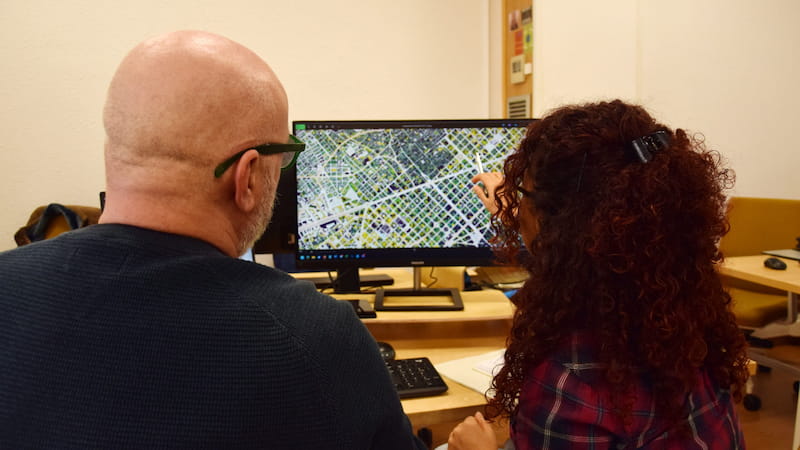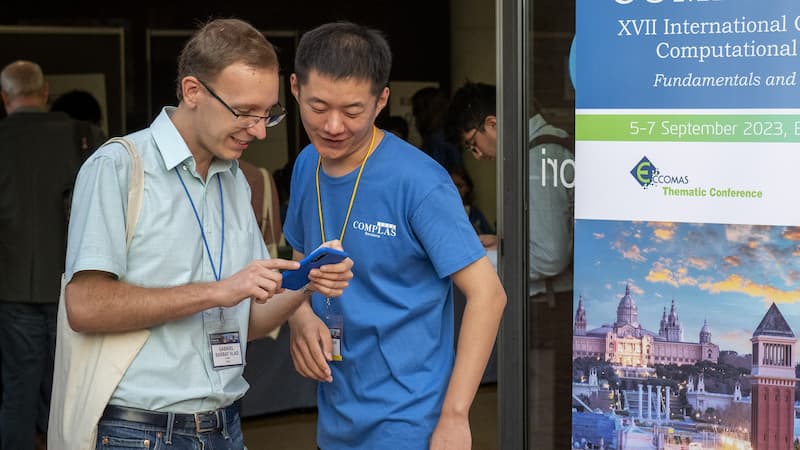Research Methodologies
At CIMNE, we leverage advanced methodologies in numerical methods and computational modelling to tackle pressing societal challenges. By integrating discretization techniques, data-driven models, and high-performance computing, we drive frontier research and innovation for a sustainable tomorrow.

Discretization techniques
Methods that transform continuous equations into discrete forms for numerical solutions in engineering. Discretization techniques approximate derivatives and integrals on grids or particles, enabling simulations via novel grid-based, grid-free, or unfitted approaches. This allows efficient analysis of complex systems.
- Novel grid-based approaches
- Particle and meshfree methods
- Unfitted methods
- Techniques for coupled problems
- Error assessment and adaptivity
- Geometry and simulation representation
Research Clusters
Innovation Units
Physical and mathematical models
- Constitutive formulations
- Material models for multiphysics and multiscale phenomena
- Novel variational formulations
- Optimization
- Agent or subject based models
Research Clusters
- Machine Learning and Models in Hydro-Environmental Engineering
- Geomechanics and Hydrogeology
- Aeronautical, Marine, Automotive and Energy Engineering
- Solid and Fluid Simulation for Industrial Processes
- Computational Mechanics in Medical Engineering and Living Matter
- Mechanics of Advanced Materials and Metamaterials
Innovation Units
Data-driven models
Approaches that leverage data to predict engineering outcomes. These include machine learning (ML), reduced order models (ROM), and big data to capture patterns, quantify uncertainty, and create digital twins for efficient system analysis and optimization.
- Science based Machine Learning and Artificial Intelligence
- Reduced-Order Modelling
- Inverse methods
- Big data management
- Uncertainty Quantification
- Digital twins
High-performance computational models
Advanced systems for rapid, accurate engineering simulations. They harness optimized algorithms and parallel computing to solve complex numerical problems, enabling cutting-edge analysis with applications in real-world engineering settings.
- Domain decomposition and pre-conditioning
- Emerging architectures (e.g. Quantum computation)
- New coding paradigms
Our research priorities
CIMNE's work is spreadheaded by local and international priorities and driven by significant societal challenges.
Discover our Research Priorities










